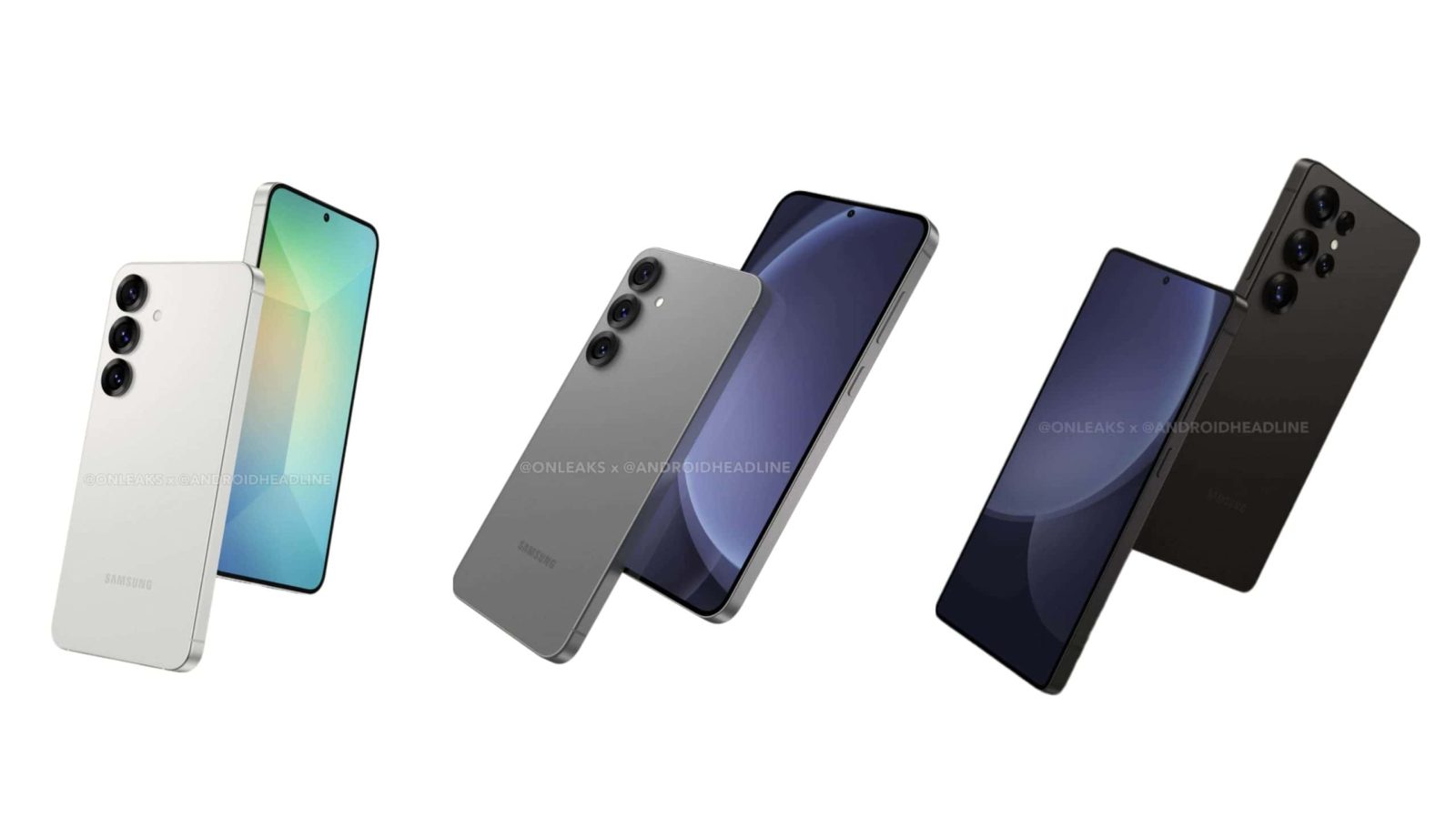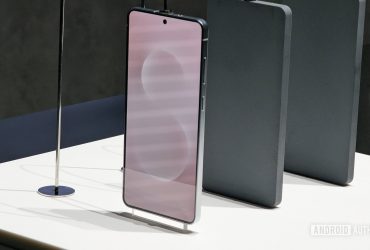Samsung Could Freeze The Galaxy S25 Prices, But Not For You

Contents
In a couple of days, we will officially know everything about the Galaxy S25 series. The company’s next-gen flagship phones will seek a place among the best of the year thanks to their exclusive and powerful Galaxy AI features. Several sources said that the prices of the devices might go up for a number of reasons. Now, a report claims that Samsung is freezing prices on some models of the Galaxy S25 lineup.
That said, it is possible that the measure reportedly taken by Samsung does not apply in your region. FN News reports that Samsung plans to freeze the prices of all 256GB Galaxy S25 models. However, the company could do so only in its home market, South Korea. The source claims that the measure seeks to absorb the additional cost for Samsung’s domestic customers.
Samsung reportedly freezes price of 256GB Galaxy S25 phones in South Korea
The Galaxy S25 with 256GB, Galaxy S25 Plus, and Galaxy S25 Ultra will cost 1,155,000 won ($798.89), 1,353,000 won ($935.85), and 1,698,400 won ($1,174.62) in South Korea, claims the report. These are the same prices that the 256GB Galaxy S24 models had when they first came out last year.
On the other hand, the 512GB variants will receive a very slight increase of 15,400 won (about $10.66) for all phones in the series. That said, the report claims that Samsung will reward users who pre-order the 265GB model with a “double storage” perk that will allow them to get the 512GB variant instead.
With these measures, Samsung wants to maintain the loyalty of its local consumers. However, it is unlikely that we will see something similar in other markets. So, get ready to see slightly higher prices in your nearby stores.
Main causes of price increases
There are two main factors that influenced the price increase of the Galaxy S25 series. First, the Exynos 2500 fiasco forced Samsung to switch to the Snapdragon 8 Elite chip worldwide. Resorting to flagship chips from external suppliers is already much more expensive for the firm than using their own. Plus, the Snapdragon 8 Elite is reportedly 20% more expensive than the previous generation. The other factor is the devaluation of the national currency against the dollar due to recent political instability in South Korea.
What’s your reaction?
Love0
Sad0
Happy0
Sleepy0
Angry0
Dead0
Wink0










Leave a Reply
View Comments